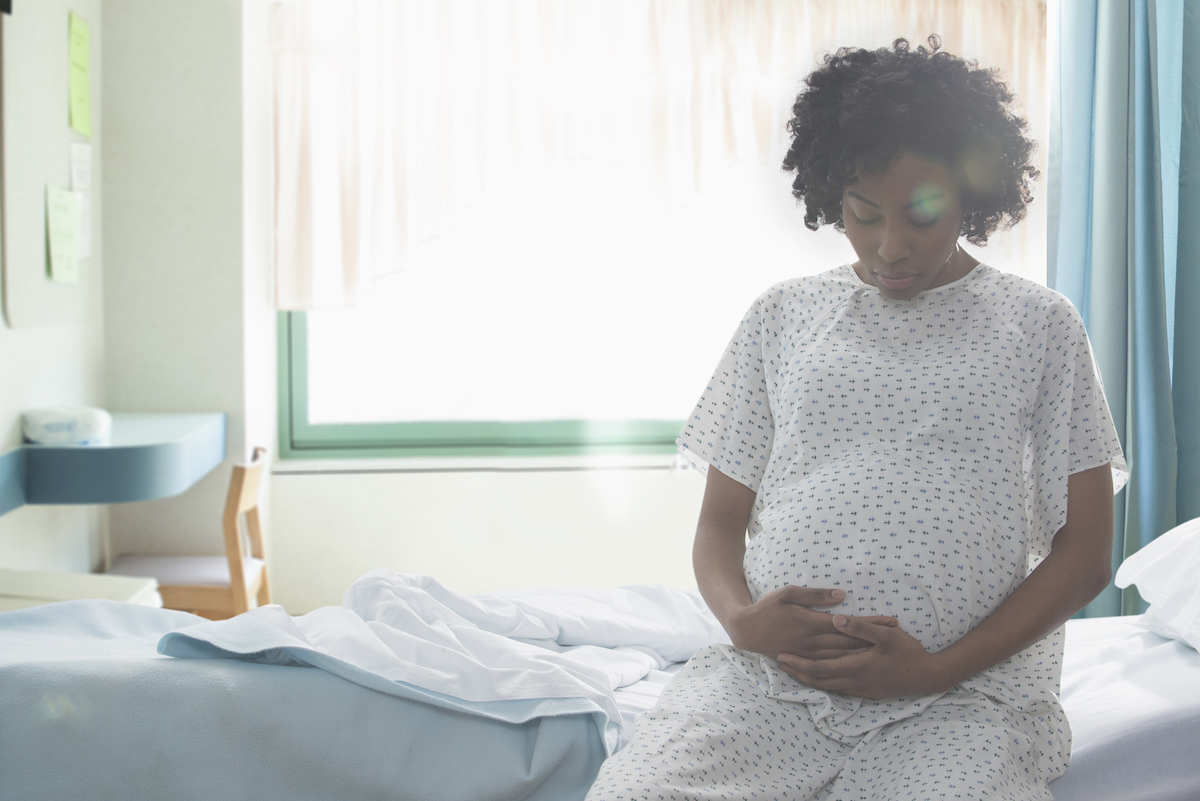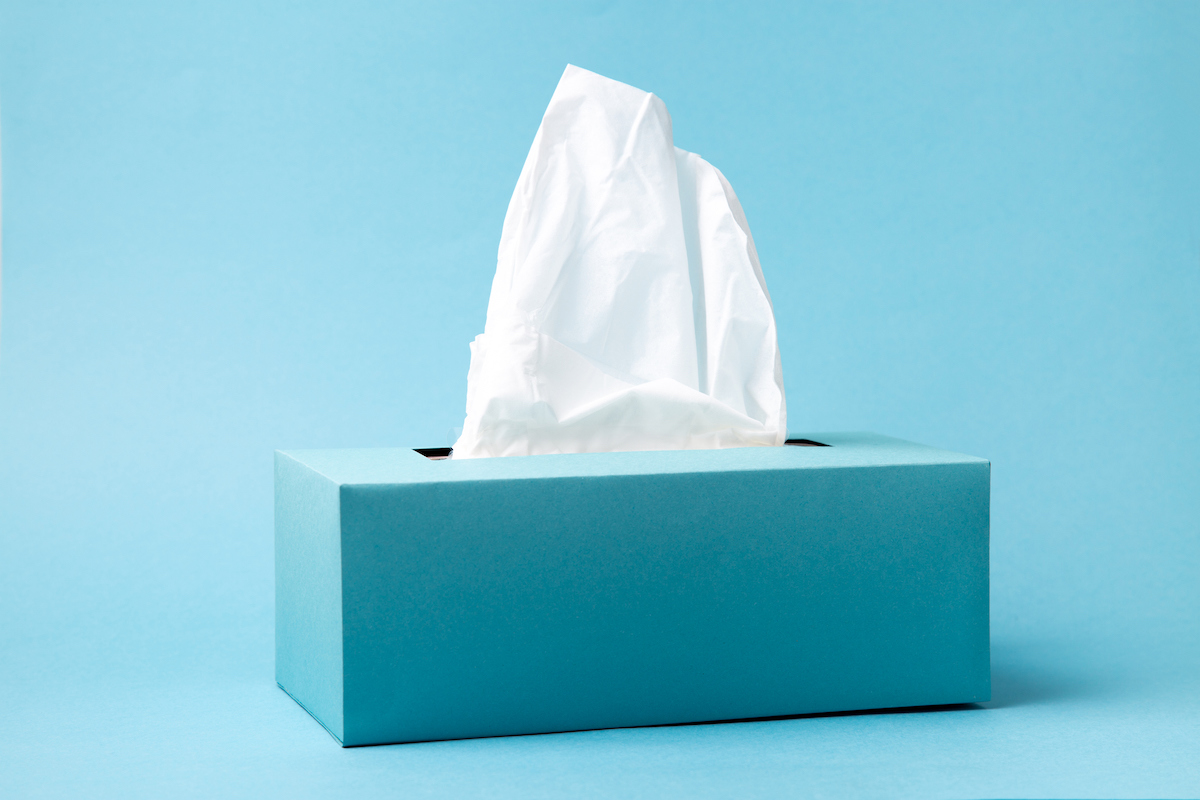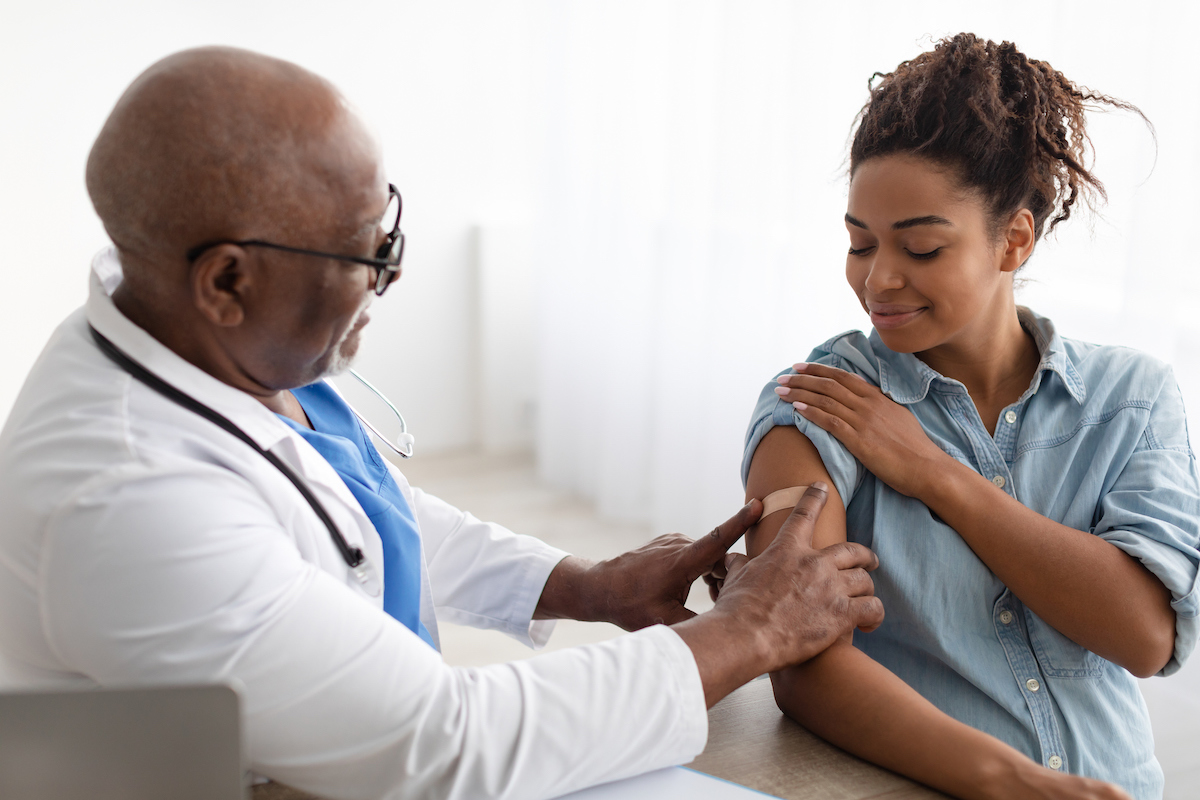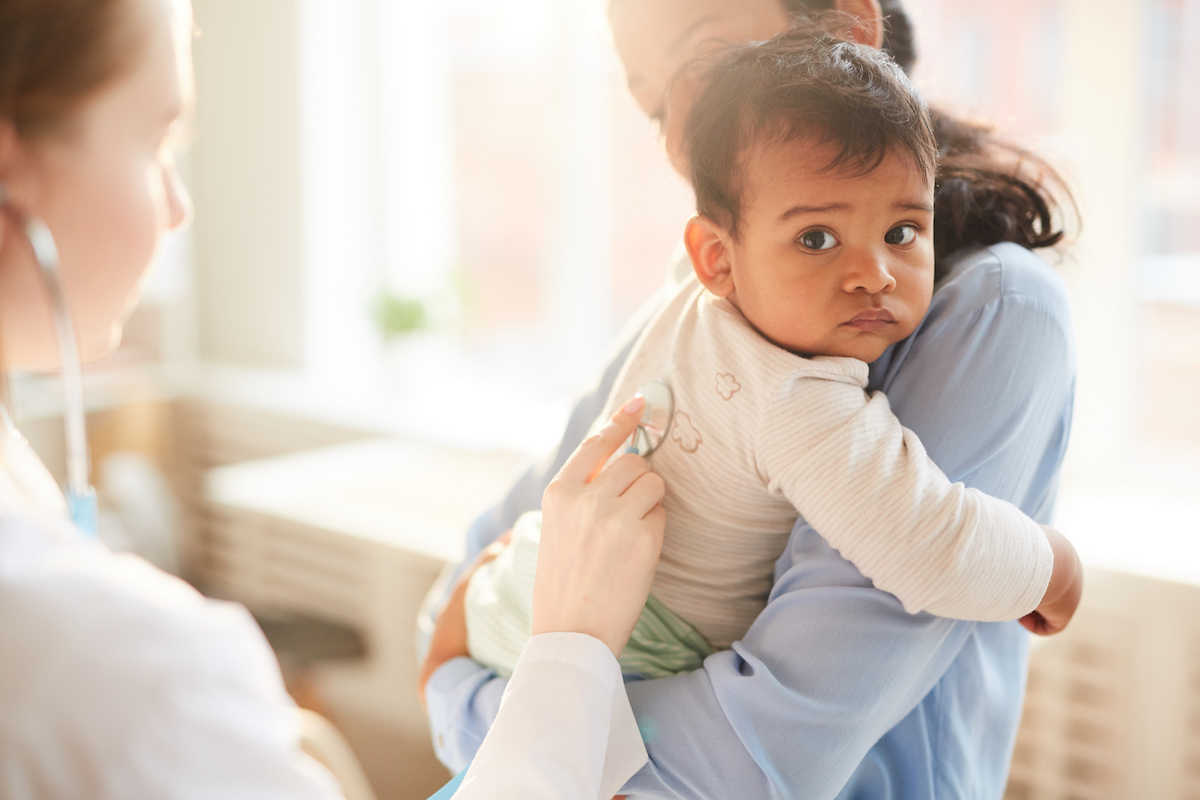It’s almost September, which means cooler running weather, kids finally getting back to school, and … respiratory viruses. Respiratory viruses tend to peak in the fall and winter, when people spend more time indoors in crowded venues. Last fall was especially bad — as I talked about then, an early RSV season overlapped with croup, and a post-COVID immunity debt made everything worse.
Fingers crossed that this fall will be back to our more “normal” pre-COVID patterns, but that still means a lot of illness. The three big concerns for the fall: COVID, the flu, and RSV. There are vaccines for both COVID and the flu, but until this season, there has not been any good way to prevent RSV.
This is unfortunate, because when we consider babies and small children, RSV is the most concerning of these big three. You can read a longer explainer on RSV here, but the bottom line is that infection presents a significant risk of hospitalization for young children, especially infants born preterm or children with respiratory conditions. There are an estimated 100 to 500 deaths among children from RSV each year.
In the past year, there have been three advances in RSV prevention. The first, which I talked about here, is a vaccine for adults over 65 (the other very vulnerable group outside of babies).
The second is the recommended use of the same vaccine for pregnant people. When given later in pregnancy, it protects infants in their first six months. On Monday, the FDA approved this use of the vaccine. If you want to understand more about this option for protecting your infant, go back to the earlier post on RSV vaccines. If you’re pregnant now, it could be a great option. One note is that some concerns have been raised about higher preterm birth with the vaccine, although differences across groups were not statistically significant in the trial. The FDA has asked the companies for follow-up monitoring on this option.
The third advance, the topic for today, is the approval of a drug to prevent RSV in babies and toddlers.
Overview
Several weeks ago, the FDA approved a new drug, called Beyfortus, to prevent RSV in infants and vulnerable toddlers. You can see the full FDA press release here. The medication is a monoclonal antibody — basically, it provides protection by delivering RSV antibodies directly to the patient. This drug isn’t a vaccine, but it is delivered in a shot. The drug is approved for newborns and infants entering their first RSV season (i.e. those who were not born last fall) and for kids up to 24 months who have some risk factors (for example, those who were preterm or have had lung issues in the past).
It’s worth pausing on the reason for this particular designation. RSV is ubiquitous. The vast majority of people will get it many times in their lives, and for most older children and adults, it presents as a mild cold. The groups who are at risk for more serious illness are babies under 1, older adults, and individuals with lung conditions.
The goal of RSV prevention is to prevent RSV in these more vulnerable groups. In the case of older adults, the idea is that they will get the RSV vaccine each year, similar to how people get the flu vaccine now. For babies, the idea is to give them the RSV drug preventionin at least their first year to prevent infection during the most vulnerable period. It is likely that these children will get RSV for the first time in their second RSV season. They will not avoid it indefinitely, but they will get it for the first time when they are less likely to have serious illness.
With this background, we can frame the question. For parents of children who were born after last fall, who have not yet had RSV: Should you get them this treatment? Let’s look to the trial data.
Trial data on efficacy
The first trial of this medication was published in 2020 in the New England Journal of Medicine, based on data from the 2016-2017 RSV season. The population in the trial was infants born between 29 and 35 weeks of gestation, a group known to be at high risk for complications from RSV. The trial included 1,453 infants, of whom two-thirds were given the drug (here, under its generic name nirsevimab) and a third of whom got a placebo. As usual in this type of trial, which group people were in was hidden to the doctors and to the patients (“double blind”).
The group that got the drug had significantly less RSV. There was a 70% reduction in any RSV needing medical attention and a 78% reduction in RSV hospitalization. Four percent of the placebo group were hospitalized with RSV, versus 0.8% of the treated group.
This is a very good efficacy profile. In terms of safety, there were no notable differences in adverse events across the two groups. There were three deaths in the placebo group and two in the treated group, although none of these were thought to be related to the drug.
This first trial focused on the highest-risk preterm infants. A second trial, published in 2022, used a very similar design but recruited infants born at 35 weeks or after. Most of the infants in the trial (86%) were born at or after 37 weeks, so considered full-term. This population is lower-risk overall, but there was still strong evidence of the efficacy of the treatment.
The chance of any RSV requiring medical attention was reduced by 74%, and the chance of hospitalization was reduced by 62%. It is worth noting that this second efficacy figure is based on much smaller numbers of hospitalizations (six in one group, eight in the other), so it is not statistically precise.
In terms of safety: the overall share of infants with adverse events were similar in the two groups. There were three deaths in the treatment group and none in the placebo group, but on detailed investigation it did not appear likely that any of these deaths were related to the drug
These main trials focused on the category of “infants in their first RSV season.” A third trial, also published in a short piece in the NEJM, focused on the safety of this drug in a population of older children who were high-risk (in this case, with congenital heart disease). This trial tested nirsevimab against the existing option for high-risk infants, a drug called palivizumab that requires monthly dosing during the season. The efficacy of the drugs was similar (as expected), and the safety profile also looked similar (which was the point of the trial). Sadly, there were also six deaths in this trial — five in the treated group and one in the placebo group — but they were not thought to be related to the vaccination.
(One question you might ask: How would they know if deaths were related? The answer is that there is an extremely detailed process in these trials for following up on any adverse event, especially serious ones, to get all the possible information in order to evaluate whether it might have been related to the drug.)
The FDA conclusion from the trial data was that this is an option that shows great efficacy in preventing RSV in infants, and it appears safe as an option for medically compromised older children. This latter group already has access to the other option (palivizumab), but the newer option seems to deliver the same protection in a single dose.
What’s next?
The manufacturer of Beyfortus has indicated that it should be available ahead of this winter’s RSV season. You’re likely to hear about it from your pediatrician, either at a fall well-child visit or in direct outreach.
Like with all new medications, there will be people who are eager and excited to get this immediately, and there will be those who feel more cautious. This medication has been approved in Europe for a year already, and the trial data is compelling, but drug treatments for babies are a fraught choice for many. And this is a case, unlike some, where the value of treatment is really to the individual child. We aren’t urging people to vaccinate their babies to protect older people; it’s an urge to protect the babies themselves. Which really does make this an individual family choice.
What I will say here about the choice is that RSV is dangerous for a lot of babies, and the efficacy numbers on this drug are extremely good. If you have an infant — especially one born preterm — going into this first RSV season, I would urge you to get them this shot.
Note: This piece was updated at 8:55 AM on 8/24 to correct the error in referring to this new drug as a vaccine. We regret the error.
Community Guidelines
















Log in